Nutrition and the climate policy response.
The Paris Agreement is an important international agreement that holds countries accountable to meet their climate goals. Although science consistently shows that fighting the climate crisis with our forks is one of the most effective ways to save the planet, climate policy responses in the area of nutrition are a rarity: the Paris Agreement does not even mention reducing meat consumption or switching to a more plant-rich diet as a climate change strategy yet. We’ve summarized what governments can do.
Sufficient meat-free and plant-based meal options in public institutions.
Improving the availability and affordability of plant-based foods is one of the main factors in achieving consumer behavior change. Offering predominantly plant-based foods in cafeterias and catered meals helps establish a plant-based diet as a cultural norm.
Stop market-distorting financial support for the dairy and meat industries.
Factory farming has expanded massively globally in recent decades, due in large part to enormous subsidies to the meat and dairy industries funded by taxpayer dollars. These subsidies are one of the main barriers to shifting current food production to less resource-intensive models. Artificially depressing prices distorts the market. We can buy meat and milk far too cheaply for their enormous resource consumption. Helping farmers shift to increased production of plant-based protein would correct current distortions and allow plant-based products their place in our diets. In Switzerland, millions flow from the government to promote dairy products to boost the market.
Promoting innovation
Plant-based food innovations have helped many consumers reduce their intake of animal protein. This often brings many health benefits and helps reduce food emissions, as these plant-based alternatives almost always have a much smaller greenhouse gas footprint than their animal counterparts.
Commitment to Plant-Based Dietary Guidelines.
Food-based dietary guidelines (also known as National Dietary Guidelines) provide a foundation for public health and nutrition and for promoting healthy habits and lifestyles. These guidelines are occasionally updated to reflect the latest scientific findings.
Fair taxes
Currently, in some countries, processed plant products are taxed at a higher rate than meat, indirectly subsidizing and promoting less sustainable and resource-intensive foods (in Germany, for example, processed plant products are taxed at a rate of 19%, while meat is taxed at only 7%). It should be the other way around: matching the CO₂ footprint, these products must be taxed more.
Labeling and transparency
Food labeling can help raise consumers awareness of the impact of their lifestyle. It also provides consumers with valuable product information and helps them make knowledge-based and independent purchasing decisions. CO₂ labeling is already technically possible now and allows fair comparisons between products.
We would like to see politicians recognize that in order to fight climate change, changing our diet is inevitable and appropriate measures will be taken.

